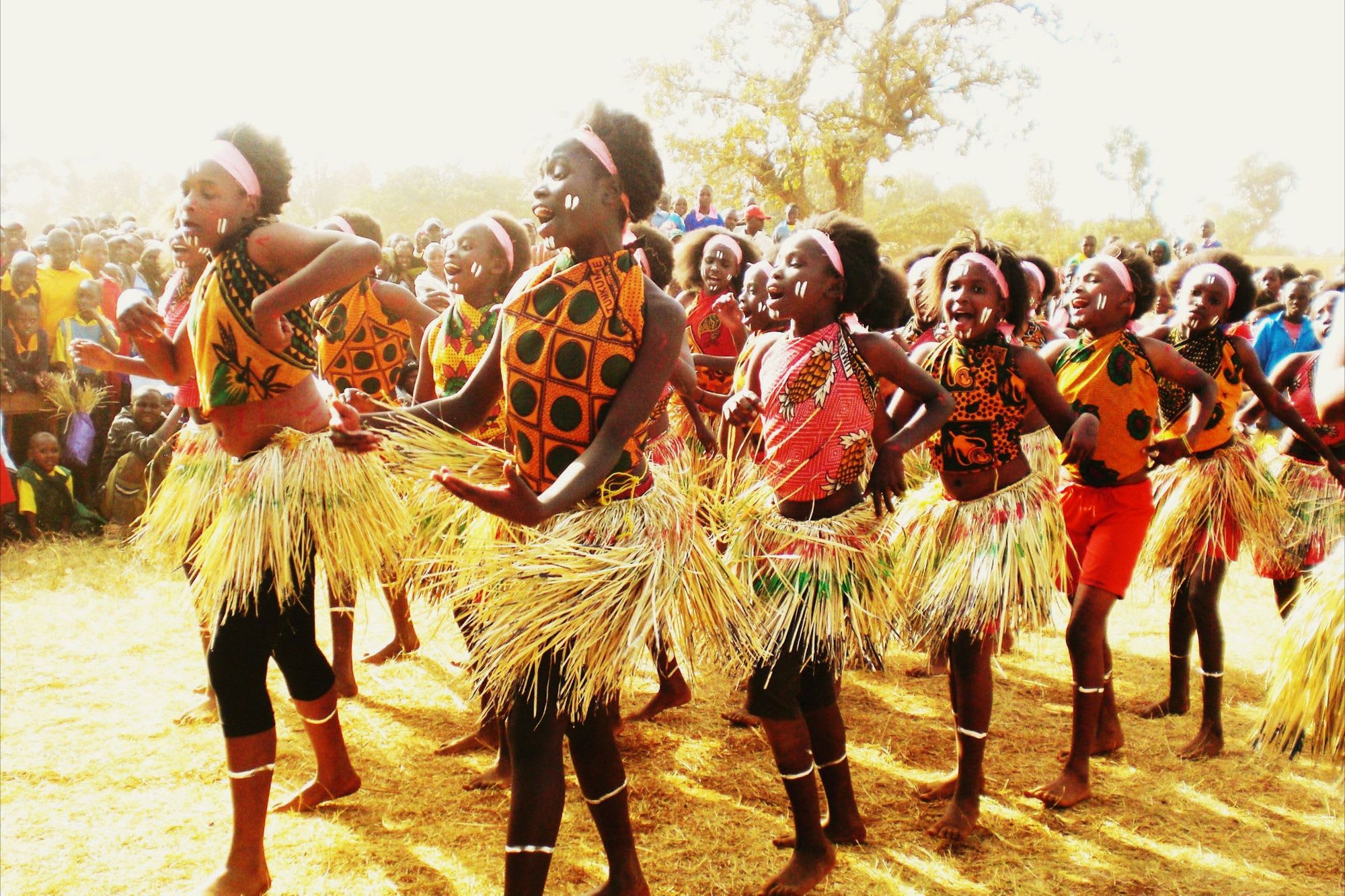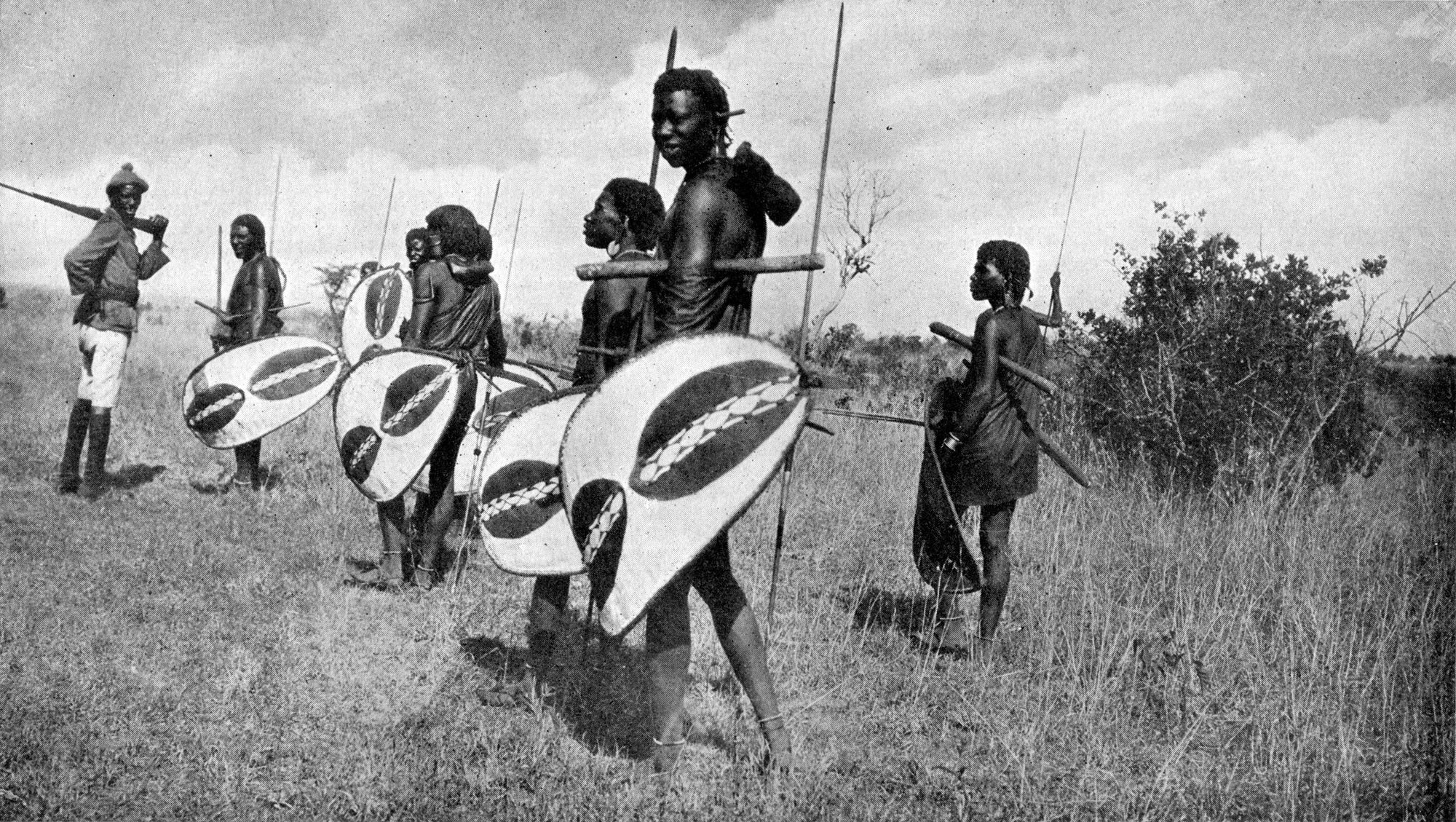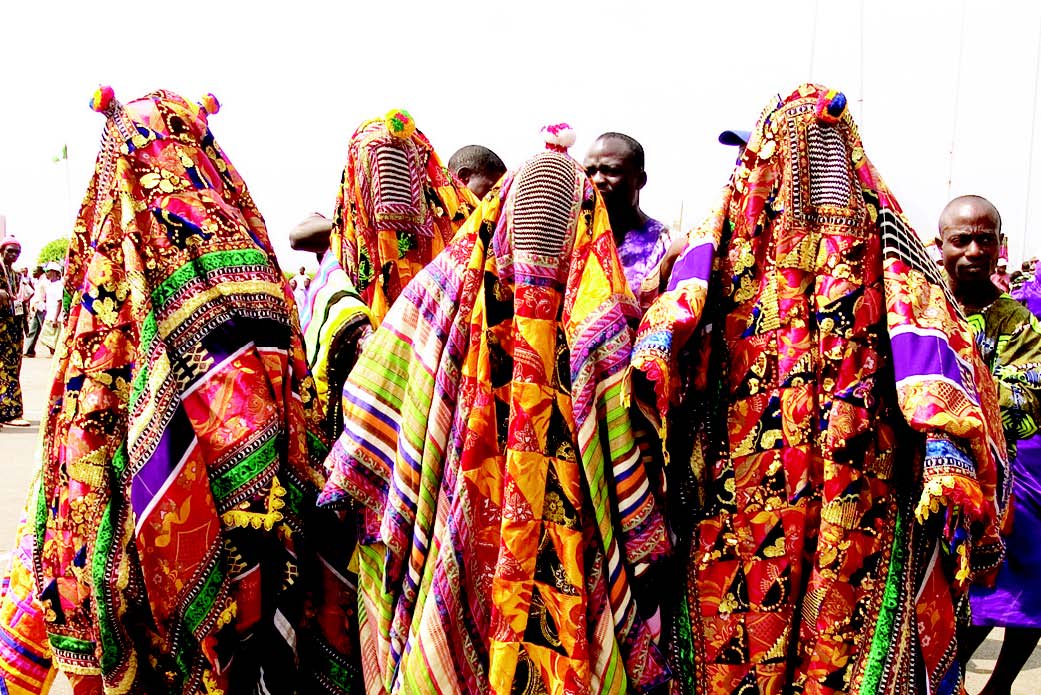Choosing a name for an African child is a sacred event with overwhelming importance. Consequently, the arrival of a new baby or family member is a time when many African families choose to celebrate in grand style, with a ceremony or ritual called a ‘naming ceremony’.
A naming ceremony is a chance to gather with family and friends and formally celebrate the newest member of the family. It is essentially a celebration of family and life which announces the birth of a newborn. It is through a naming ceremony that a newborn baby is introduced to their extended family, the larger community and, above all else, named. After the baby is officially introduced, names are picked and deliberated on until agreed upon and officially pronounced as the newborn’s.
In many African traditions, the naming ceremony of a baby is a necessary rite of passage in the baby’s life. It is believed that children are blessings from God and are capable of attracting more blessings. Thus, naming ceremonies are considered very important because it is believed that the name the baby gets will influence their upbringing, personality and who the child will become (in terms of dignity/social status). Therefore, parents often name their children based on what or who they wish them to become. Another belief that influences the naming of children is that they are a continuation of their parents or a reincarnation of an ancestor. Most African names come with a beautiful story.
‘In our culture, where the act of speaking is infused with power, birth names are of the highest traditional significance. This also applies to the ceremonies that surround them,’ said Edwin Ofei, a 47-year-old Ghanian healer. According to Edwin, baby naming ceremonies are typically held seven to ten days after birth, to allow the mother time to recuperate, but also – and most importantly – to make sure the baby intends to stay in the land of the living.
Nowadays it is far from unusual for Africans to name their children according to their religion. Muslims will often give their children names of Arabic origin such as Mamadu (derivative of Muhammad), Fatima, Ali or Mariam, to name a few. Likewise, Christians often adopt names from the Bible such as Joseph, Mary and Adam. Despite this trend of using foreign names, many people still embrace native, traditional naming methods for their children regardless of their religious affiliation.
‘One can often infer someone’s socio-cultural aspects from their name – their ethnicity, their gender, but also their day or date of birth, their family’s social standing, political class, their religion and/or deities they follow, as well as the hopes and dreams of the parents, etc.,’ said Oarabile Mokowe, a 62-year-old grandmother from Rakhuna village in Botswana.
A name creates an expectation and an attitude in those who hear it, even before they meet the name bearer. This is partly why, when introduced to people of different ethnic groups, most Africans will not only say their names but also explain its meaning, so that it is clearly understood, regardless of language barriers.
In African culture, it is believed that you will fulfill the meaning of your name. It is for this reason that a traditional African naming ceremony is a fundamental rite of passage. To the Shakespearean question ‘What is in a name?’, most Africans answer ‘Everything!’.









